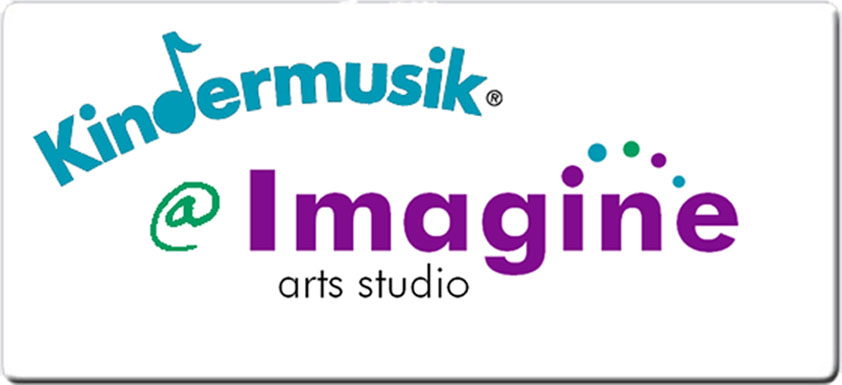You've probably heard the old saying: “Variety is the spice of life.” When it comes to music, musical variety is definitely the spice of life! When you expose your children to music from around the world, you expose them to different cultures, countries, ideas, and experiences. This is why Kindermusik uses such a wide genre of music. Musical play also enhance child development in the following ways:
Language proficiency
Just as you read a variety of books to expand your child’s vocabulary, exposure to a wide variety of music and sounds expands your child’s “ear vocabulary.” High quality musical recordings and real instruments help your child “fine tune” her ear to recognize and imitate the sounds that make up words and language.
Just as you read a variety of books to expand your child’s vocabulary, exposure to a wide variety of music and sounds expands your child’s “ear vocabulary.” High quality musical recordings and real instruments help your child “fine tune” her ear to recognize and imitate the sounds that make up words and language.
Spatial awareness
When a child listens to music, her mind perceives the sound in multi-dimensional ways. The sound is loud or soft, fast or slow, it moves up and down, or left to right. Eventually, she’ll use that “awareness of space” to work with her body when she walks through the living room and tries not to hit the coffee table. Much later, this same awareness is necessary skill for learning how to get around things, jump, run, and move in turning, twisting ways.
When a child listens to music, her mind perceives the sound in multi-dimensional ways. The sound is loud or soft, fast or slow, it moves up and down, or left to right. Eventually, she’ll use that “awareness of space” to work with her body when she walks through the living room and tries not to hit the coffee table. Much later, this same awareness is necessary skill for learning how to get around things, jump, run, and move in turning, twisting ways.
Temporal reasoning
You see this skill in action when a preschooler tells a story. He starts with his own experience and then moves to some imagined place with a princess or a superhero then goes back to something real again. Music does the same thing. It goes back and forth between established places (the chorus) and to new places that take you somewhere else (the verse). The ability to go back and forth from something established to something imagined comes from temporal reasoning, a skill used in music writing, storytelling, and problem solving.
You see this skill in action when a preschooler tells a story. He starts with his own experience and then moves to some imagined place with a princess or a superhero then goes back to something real again. Music does the same thing. It goes back and forth between established places (the chorus) and to new places that take you somewhere else (the verse). The ability to go back and forth from something established to something imagined comes from temporal reasoning, a skill used in music writing, storytelling, and problem solving.
Emotional intelligence
With exposure to a greater variety of musical styles-like jazz, folk, or classical, this increased exposure to music increases a child’s awareness, and understanding of different moods and emotions.
With exposure to a greater variety of musical styles-like jazz, folk, or classical, this increased exposure to music increases a child’s awareness, and understanding of different moods and emotions.
Cognitive skills
Research shows that music contributes to the development of a child’s ability to reason, his sense of patterning, and his memory skills.
Research shows that music contributes to the development of a child’s ability to reason, his sense of patterning, and his memory skills.
Musical appetite
In the early years between newborn and age 7, your child is developing his musicaltaste buds as he learns to appreciate the finer things and to enjoy new musical tastes and textures. The wider the array of musical styles, the richer his “appetite” will be.
In the early years between newborn and age 7, your child is developing his musicaltaste buds as he learns to appreciate the finer things and to enjoy new musical tastes and textures. The wider the array of musical styles, the richer his “appetite” will be.
Try this at home… Your child is naturally musical. Hearing you sing and listening to recordings are like food for her musical appetite. Sing with child at least three times a day. Consider these song sessions musical breakfast, lunch, and dinner. (By the way, “lunch” can be interpreted loosely. Just plan the routine of singing together at a time that works for your schedule – when your child wakes up, in the car, doing dishes, at naptime, fixing supper, etc.!) Once you start, you will find that there is a song for everything. If you can’t remember what that song is, make one up!
The information in the post comes from Theresa Case whose Kindermusik program is located in Greenville, South Carolina.


No comments:
Post a Comment